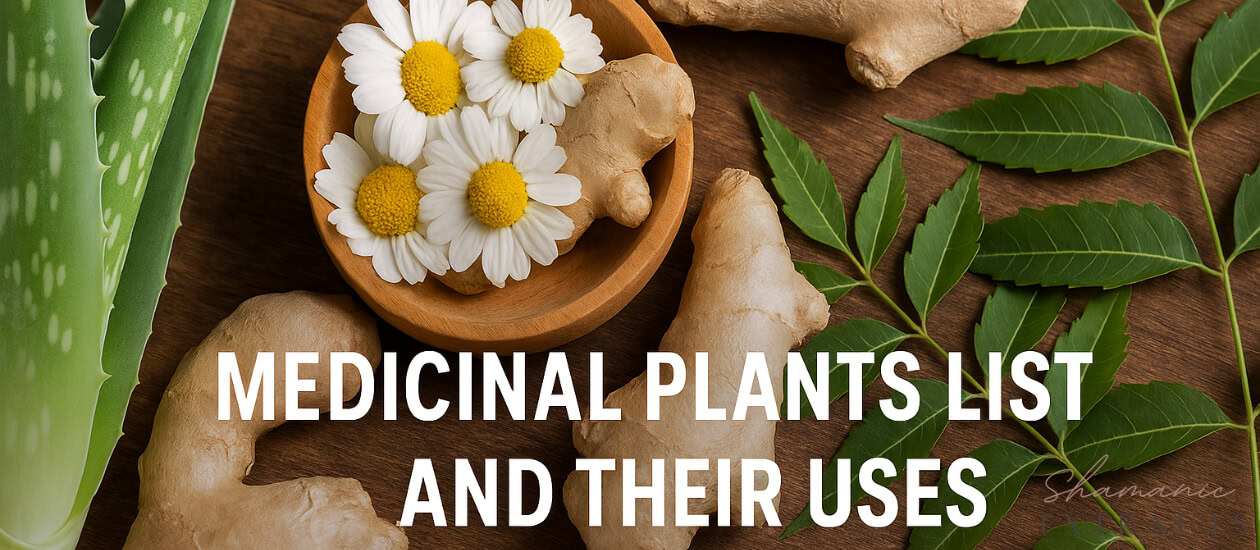Medicinal Plants: Traditional Knowledge and Global Diversity
Medicinal plants have played a vital role in healing practices across every culture for thousands of years. Whether growing wild in the tropics or tended in herbal gardens across the UK, these plants offer more than beauty—they offer relief, balance, and natural remedies. But what are medicinal plants? Which are the most useful? And what makes them so unique?
What Are Medicinal Plants?
Medicinal plants are those with properties that help prevent or treat illness. They contain active compounds—like alkaloids, flavonoids, tannins, and terpenoids—that can influence the body’s systems. These effects might support digestion, reduce inflammation, promote relaxation, or stimulate the immune response.
The use of plants as medicine predates written history. From Ayurveda in India to Traditional Chinese Medicine and Indigenous practices in South America, healing plants have formed the basis of traditional medicine systems across the globe.
Characteristics of Medicinal Plants
- Bioactive compounds: Essential oils, saponins, alkaloids, and other molecules that create a therapeutic effect.
- Aromatic properties: Distinctive scents from volatile oils that may be calming or antiseptic.
- Adaptogenic traits: Certain plants help the body adapt to stress and support balance.
- Accessibility: Many medicinal plants grow abundantly and require minimal processing.
Simple Medicinal Plants (Easy to Use)
Some of the most effective remedies are simple, familiar plants you may already know:
- Chamomile: Supports digestion and sleep; gentle calming effect.
- Mint: Eases nausea and digestive discomfort; freshens breath.
- Aloe vera: Soothes burns, sun irritation, and dry skin.
- Garlic: Traditionally used to support cardiovascular health and immunity.
- Dandelion: Classic liver-supporting herb with mild diuretic action.
Medicinal Plants in the UK
Despite a temperate climate, the UK hosts many useful healing plants, both native and cultivated:
- Elderflower: Traditionally used for respiratory comfort and seasonal support.
- Lavender: Calming scent; often used for sleep and relaxation.
- Stinging nettle: Nutritive leaf used in teas and soups; traditional joint and allergy support.
- Yarrow: Historic remedy for fevers and skin care.
Tropical and Exotic Medicinal Plants
Tropical medicinal plants often contain unique alkaloids and aromatic oils not common in temperate species:
- Turmeric (Curcuma longa): Widely used for its warming, digestive, and joint-supporting qualities.
- Neem (Azadirachta indica): Traditional cleansing and skin-support herb in Ayurveda.
- Guayusa (Ilex guayusa): Amazonian leaf for smooth energy and antioxidant support.
- Gotu kola (Centella asiatica): Tropical creeper valued for focus, memory, and skin health.

